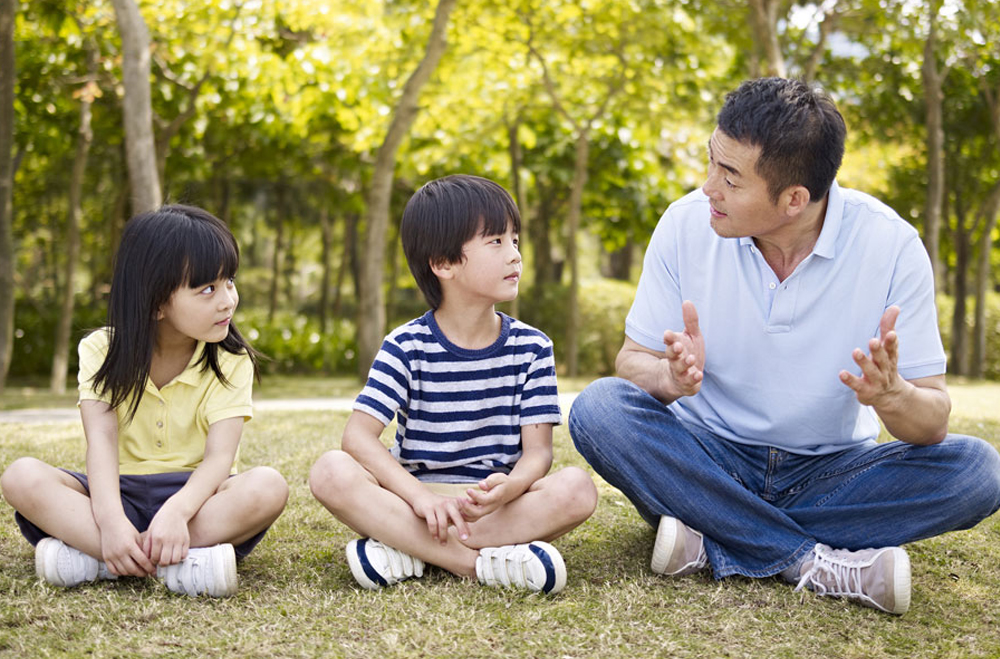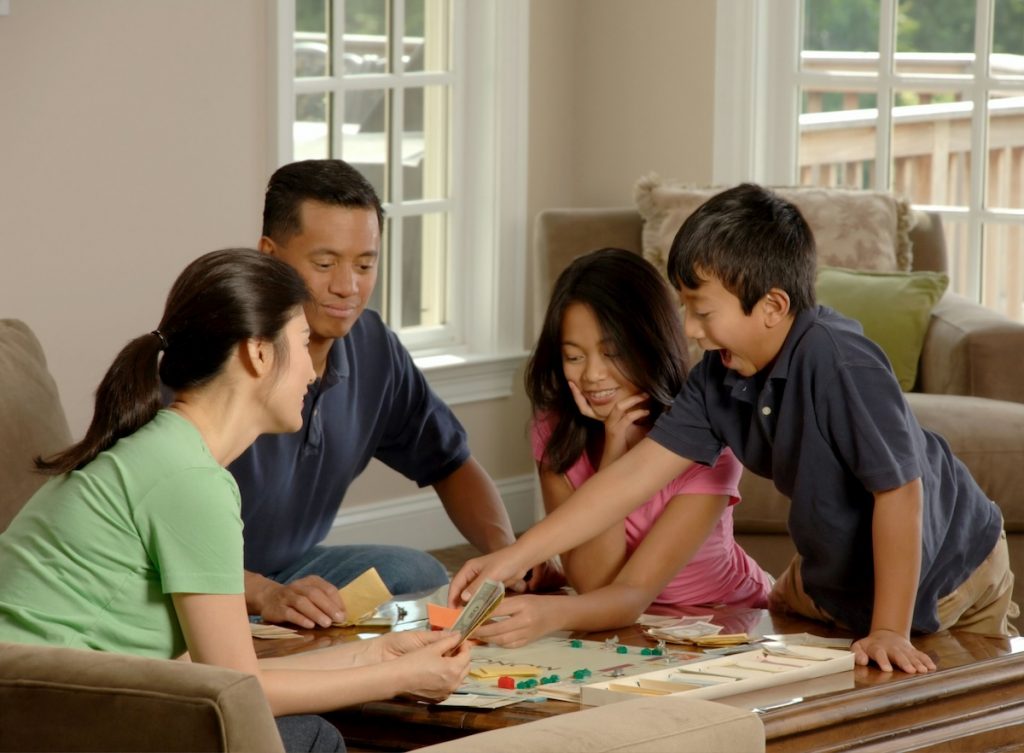If you’ve been following the news in Singapore, you will undoubtedly have heard of Joshua Robinson, the US mixed martial arts instructor who was recently jailed for four years for a number of sexual offences, including under-age sex with two 15-year-old girls (and filming the acts), and possessing child pornography. The case and his seemingly lenient sentence, has since led to a public uproar in Singapore.
One of the most appalling aspects of the story was how he showed an obscene video to a six-year-old girl in a public place, even though her father was less than a metre away. The girl later told her mother about the incident as she had been taught not to show her private parts to other people.
In this instance, the sexual predator was caught because the child had been taught what inappropriate behaviour was. This only serves to illustrate just how important it is that young children are educated about potential sexual predators like Joshua Robinson.
So what can parents do? Madelin Hiew-Tay, counsellor at Family Central (a service by Fei Yue Community Services) shares some tips on how parents can teach their young children to protect themselves against others committing indecent acts.
Preventative measures
Parents have to be comfortable or ready to talk to their children about sexuality. When parents take the lead to open such conversations, it signals to their children that they can approach you to talk about such matters. If you choose to not talk about it, treating it as a ‘hush-hush’ topic, your children may be under the impression that sexuality should not be discussed at home or that you are not open to talk about the topic. You may find it hard to have such a discussion with your children, but it may be more difficult for your little ones to start a conversation on it.
What can you tell your children? Educate them about touch — what is an acceptable touch and unacceptable touch. As a general guide, teach your child that the parts of the body that are covered by clothing cannot be touched by anyone, not even by people that they know. Those are private parts and any touching there is consider an unacceptable touch. Teach them too that kissing on the lips is also not appropriate with anybody except their parents.
How about acceptable touch? An acceptable touch is brief and does not make you feel scared. It is affirmative or expresses love and care. A high-five, handshake or stroking of hair are some examples of an acceptable touch. Hugs or pecks on the cheek are acceptable only from parents.
If your children are young, it is good to use concrete ways to demonstrate appropriate touch to them, such as through role-playing. Don’t just make vague statements such as “do not let anyone touch your top or your bottom”, as it is far too ambiguous. Instead, point out the exact body parts where touch is inappropriate.
Assure your children that they can approach you at any time to check if they are unsure about certain behaviours or touching.
Additionally, teach them that if someone touches them inappropriately, they should push the person’s hand away, walk away from the person or shout for help. They should also report the incident to their parents or a trusted adult as quickly as possible. If they have had an uneasy encounter or felt uncomfortable with anyone, they should talk to you. Assure them that it is okay to be unsure and there is no question that is too silly to check with you.
Corrective measures
Pay attention to the behaviour and mood of your children; if you notice any changes, such as them not being their regular gregarious selves and choosing to withdraw more than usual, you may want to initiate a conversation to find out how they are. Be careful though not to jump to conclusions that something inappropriate must have happened when they choose to be quiet. Instead show care and let them open up to share about their lives.
If you suspect someone has done something inappropriate to your children, respond calmly. Any overreaction may cause them to withdraw in fear. Remember that they may be hesitant to share their stories as they may think that you won’t believe them. Patiently coax them to share, and take time to listen and let them relate their encounters. Do not minimise their story and show them that you doubt them with questions such as “are you sure?” or “are you making this up?” This will prevent them from opening up to you.
Sometimes, your children may be bound to secrecy by the ‘predator’. In such a scenario, assure and inform your children that telling parents their secrets is not violating any secrecy, as their parents’ roles are to protect them and that they should not fear their ‘predator’.
Don’t go overboard
As much as we want to protect our children and teach them how to protect themselves, we must also be mindful not to instil unnecessary fear into our children — where they believe every adult and stranger is dangerous. Instead, we want them to be self-assured in every situation, and equip them with the know-how of handling any situation confidently.
Don’t let the conversation about sexuality and how to respond if someone touches them inappropriately be a one-off thing. It should be the launching point for many more conversations to come that will, in the long run, deepen and strengthen your parent-child relationship.
Fei Yue Community Services is a non-profit voluntary welfare organisation established in 1996, with a mission to effect life transformation through the provision of quality social services. Its services and programmes, which include counselling and family life education, are varied and cater to the needs of different client populations, include counselling.













